How a female pilot controls an airplane
Categories: Aerophoto | One Day
By Pictolic https://pictolic.com/article/how-a-female-pilot-controls-an-airplane.htmlIndia Allix, 26, from Westerham, Kent, works as a co-pilot for Thomas Cook, a long-haul airline. Recently, the girl documented how her usual day is going. She, for example, manages to carry an Airbus A330 plane filled with passengers past a thunderstorm at an altitude of 12 and a half kilometers.
India tells in detail how her day begins, how she prepares for the flight, and shows all the key points of the work, including takeoff, addressing passengers, maneuvering to avoid getting into a raging hurricane, and a soft landing after 11 hours and 30 minutes in the air.
(26 photos in total)
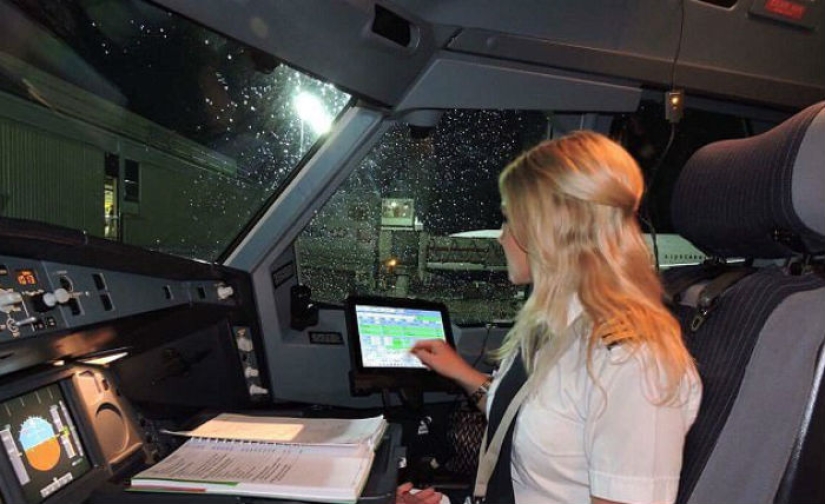 Source: Daily Mail
Source: Daily Mail
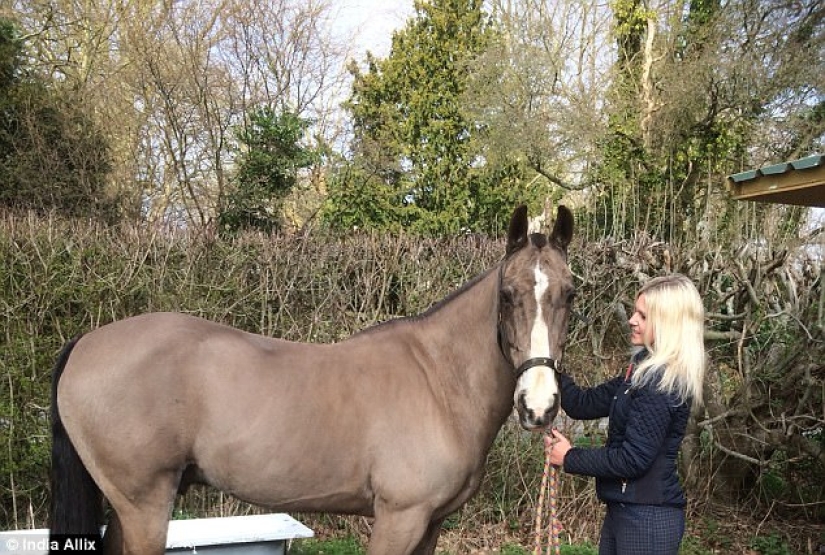
If India has a day or evening flight, then she likes to ride a horse in the morning. In the photo, a girl with Freddy, her horse.
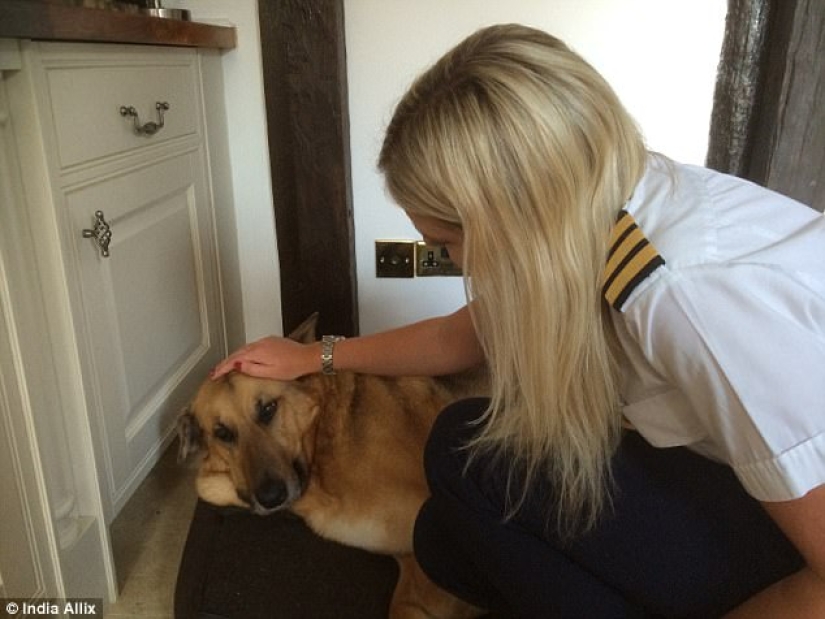
16:30, three hours before the flight. India says goodbye to Tina. She saved this dog when she was working in Poland. While India is at work, India's grandparents or father are looking after the pet.
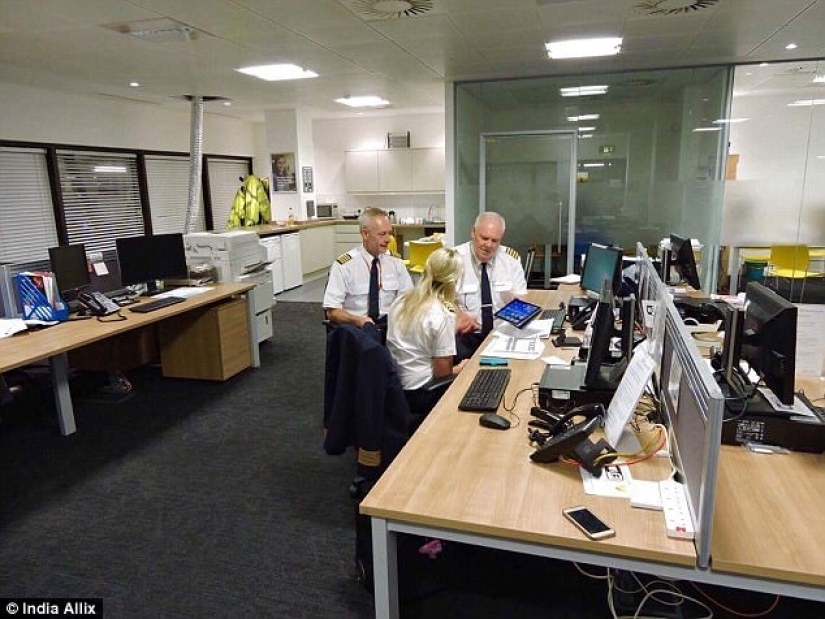
Pilots are required to arrive at the airport an hour and a half before departure. At the airport (London Gatwick pictured), the team immediately goes to the preflight briefing room, and the briefing begins.
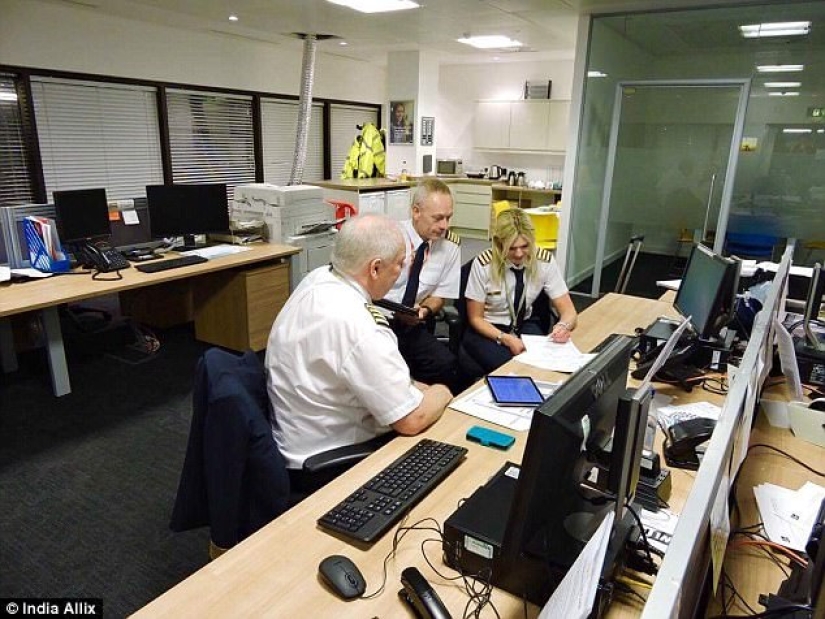
The pilots print out the flight plan and study it together. Checking the weather forecast. In the photo, India, the co—pilot, on the left, her father is Captain Charles Allix and another captain of Thomas Cook Airlines.
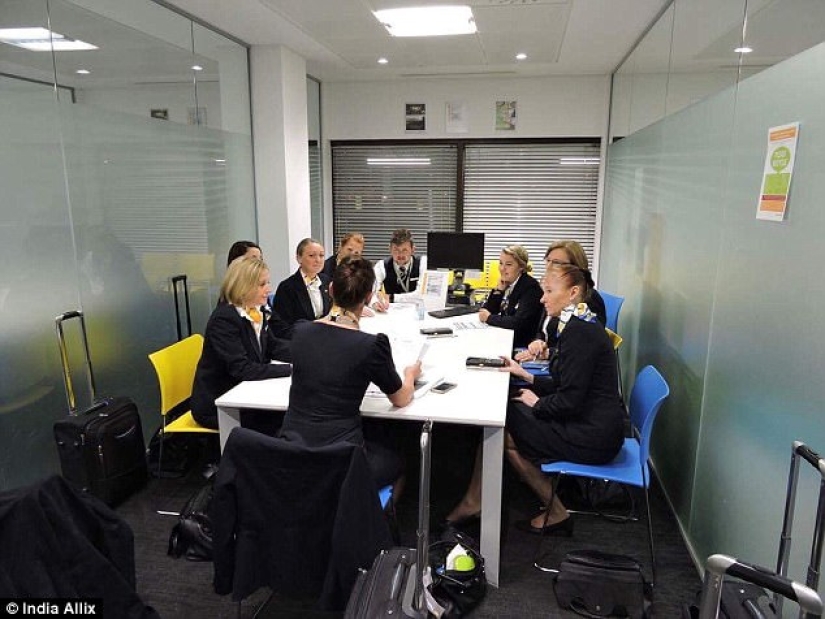
Like the pilots, the flight attendants are also being instructed. The team talks through the various stages of the flight, the chief flight attendant distributes tasks. Each crew member must answer a number of safety questions.
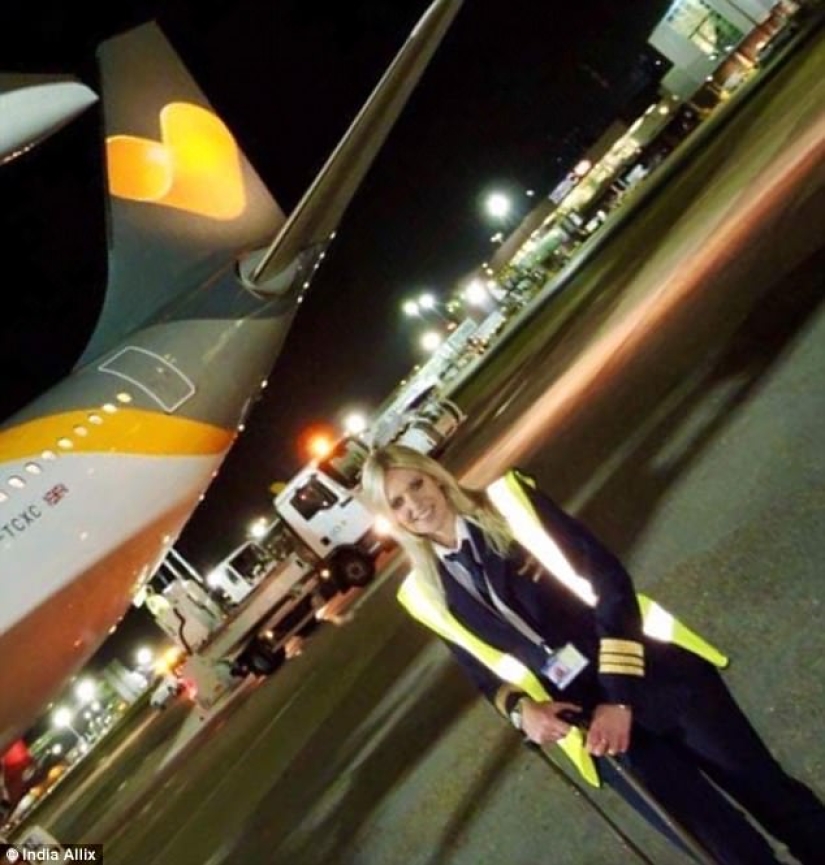
Pilots and other crew members board the aircraft (Airbus A330 pictured) 50 minutes before departure and begin checking. It includes a safety inspection, checking the equipment for the absence of any technical reasons that may interfere with the flight. There is also a checklist card for pilots.
Pilots check the plane from the outside as well. They assess the general condition of the vessel — whether there are any dents, scratches, whether oil is flowing, whether the pipes are blocked. During the check, the pilots set the required amount of fuel for the flight on the fuel system control panel. A flight to Cape Town will require 80 tons.
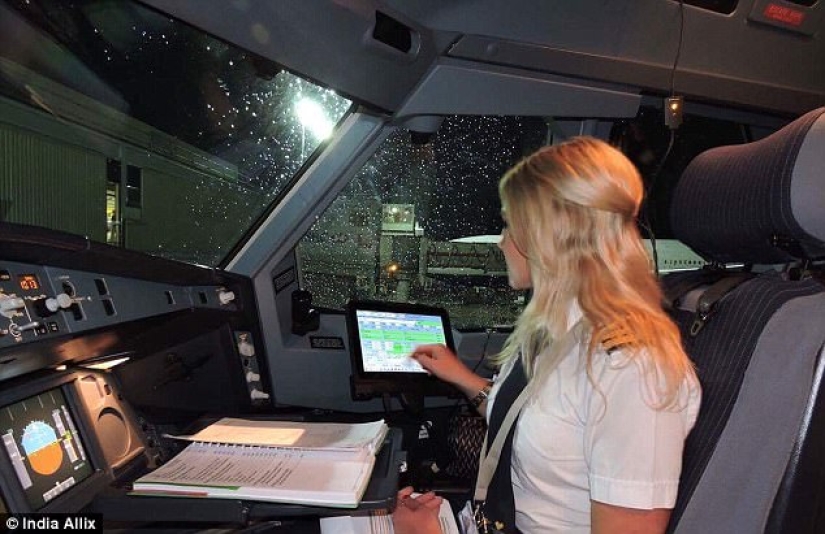
India makes calculations on the take-off speed. To do this, weather data (wind, temperature, pressure), the condition of the runway, the weight of passengers, luggage and fuel are entered. Most of the information is provided by the ground operators of the service company.
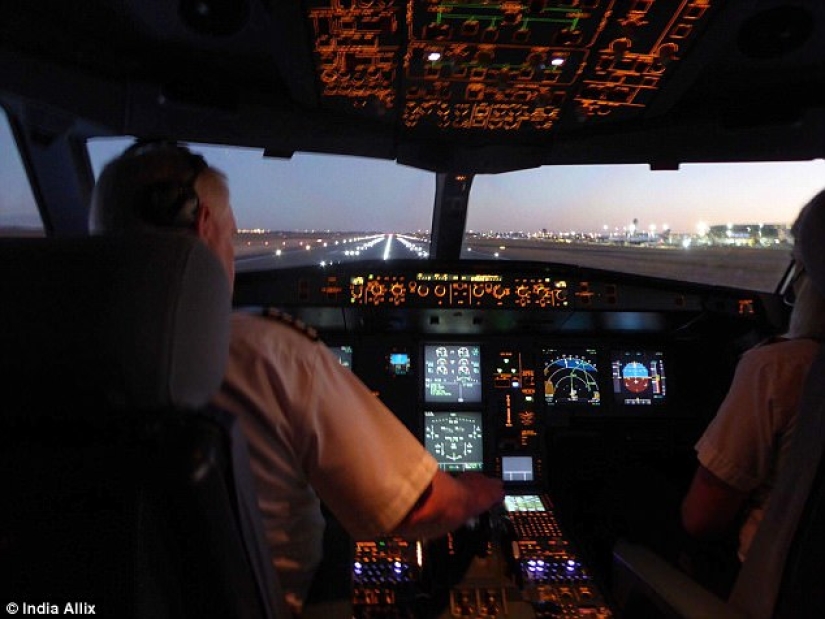
Takeoff. India gets full control. The captain of the aircraft continues to monitor everything in case it is necessary to cancel the departure for security reasons.
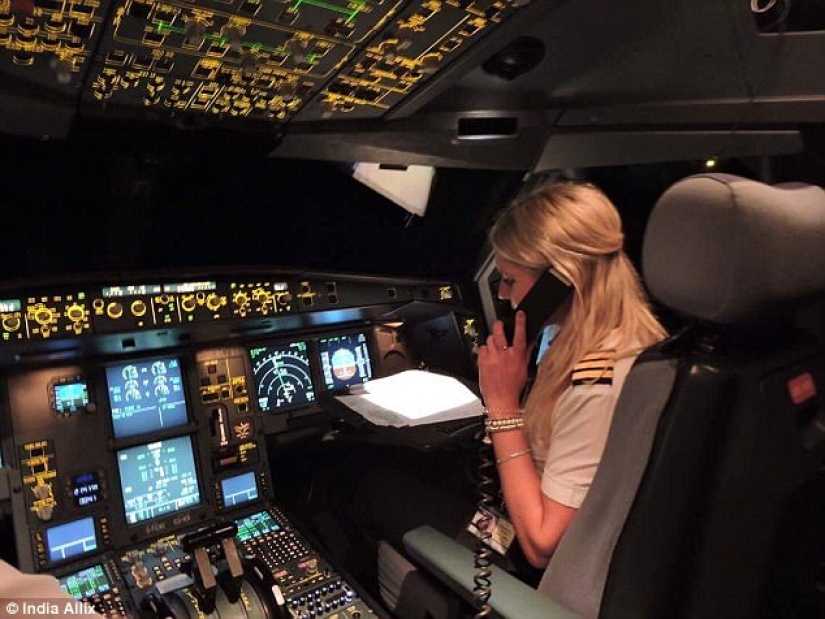
Appeal to passengers. On night flights, it is done about 40 minutes after takeoff, as soon as the plane is aligned and at the right altitude. India explains to passengers the route they will take to Cape Town, the approximate time of arrival, the weather and whether turbulence is expected during the flight.
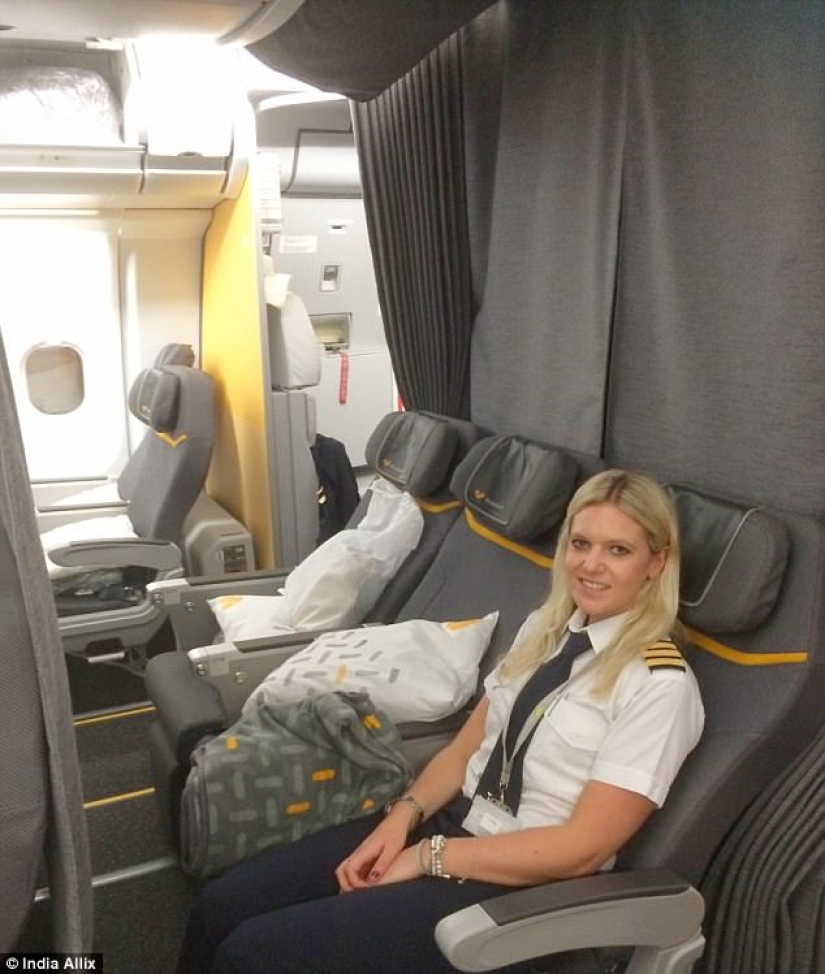
During such long flights as to Cape Town, all pilots have a three-hour rest break. They can relax in special chairs.
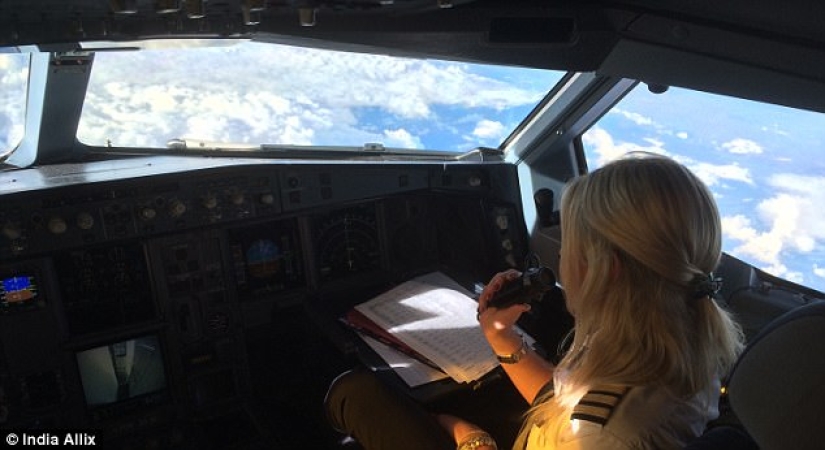
India contacts the air traffic control service. Pilots are informed about which frequency to switch to, about the landmarks of the route and about changing the direction in case of impending bad weather.
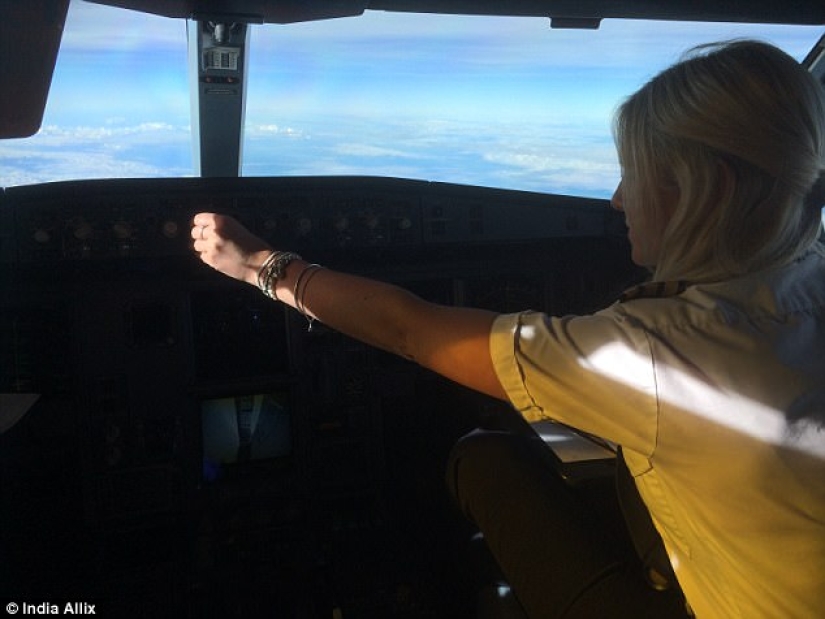
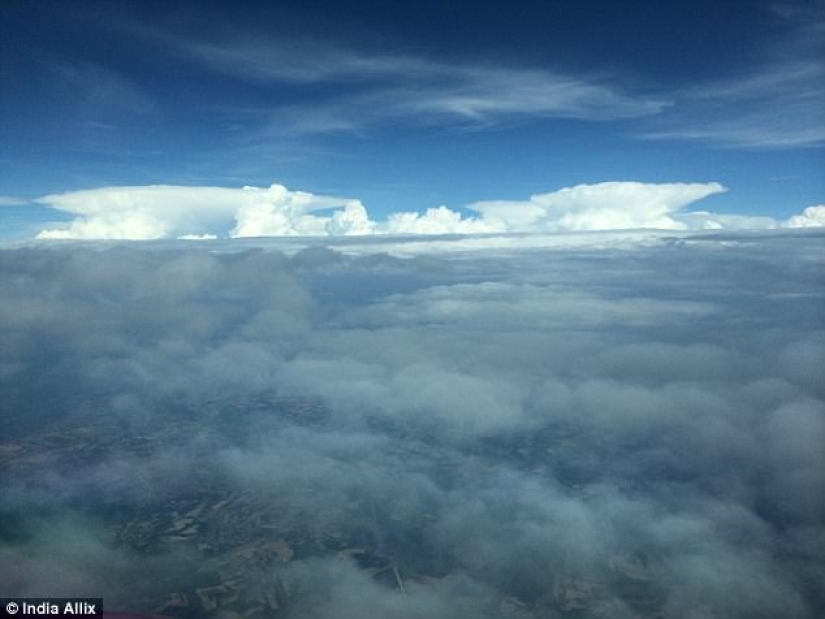
The view from the cabin window at an altitude of 12 and a half kilometers. Pilots have a radar to track bad weather zones. During the briefing before departure, they carefully study the weather map and usually know where to expect thunderstorms.
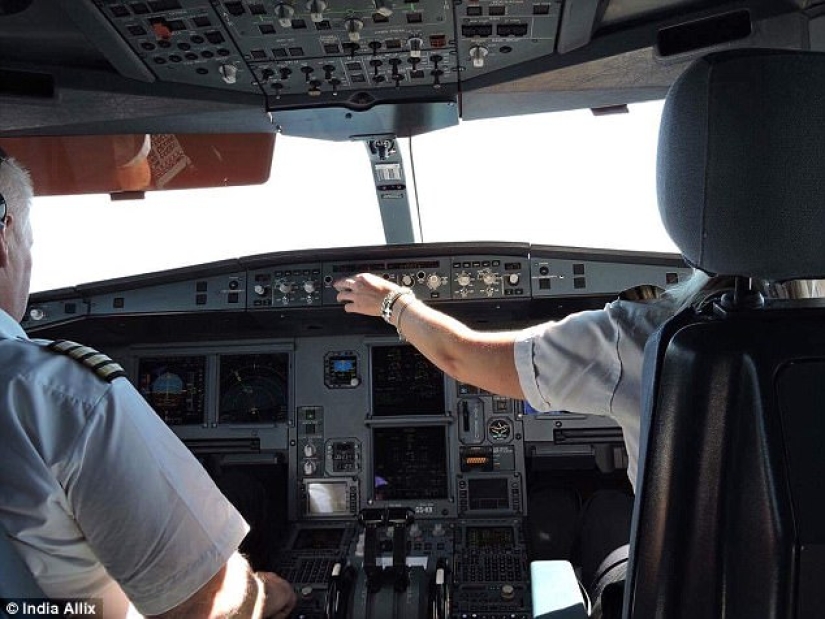
Speed reduction before landing. Usually the landing speed is 155 miles per hour (250 kilometers per hour).
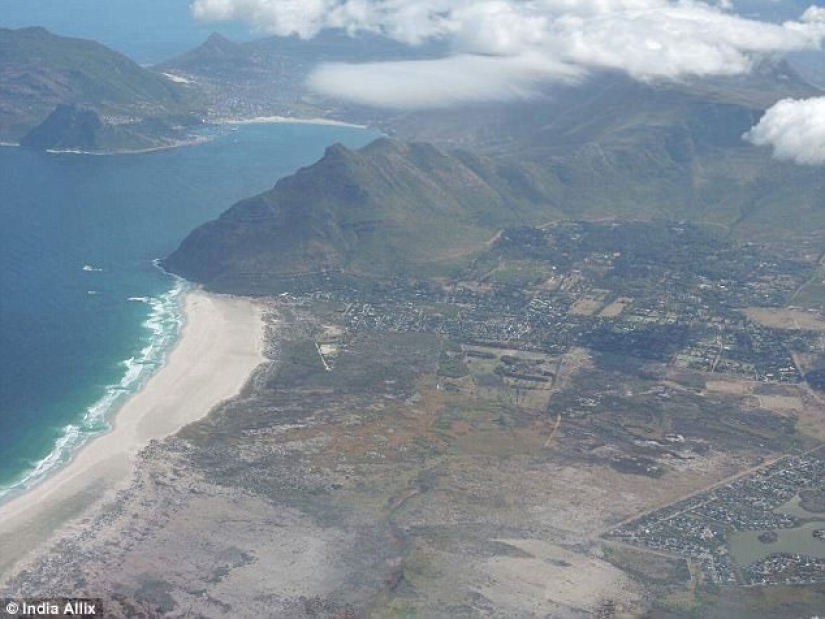
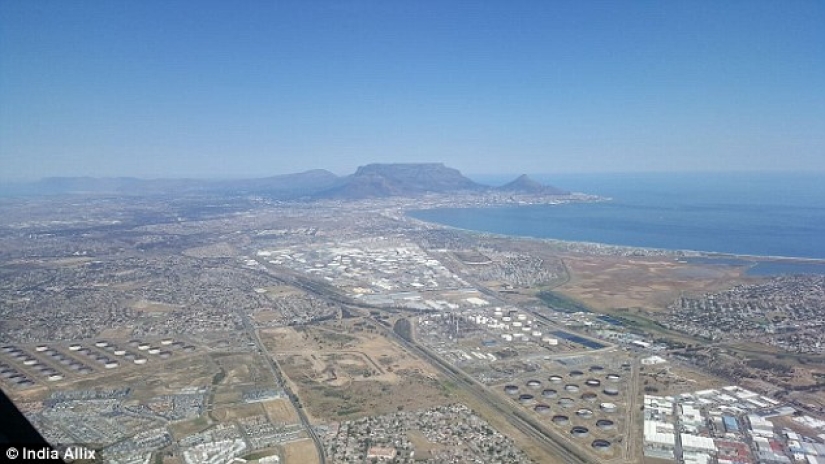
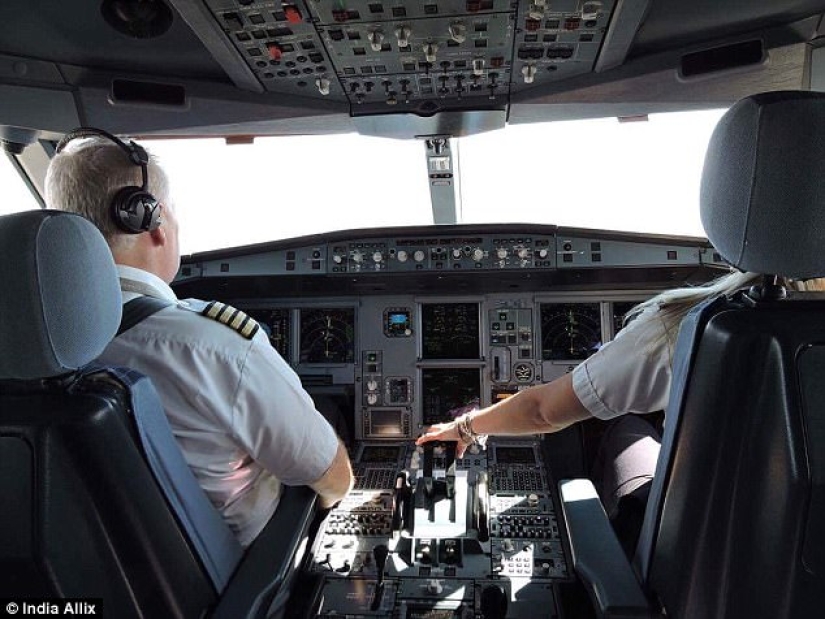
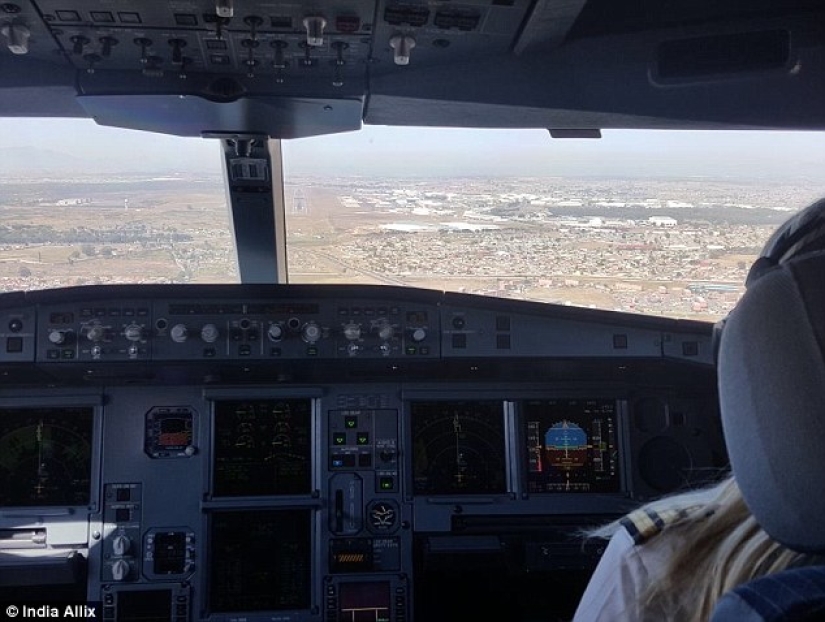
The height is 243 meters, the autopilot is turned off at 300 meters. But even if the autopilot is working, pilots still have to tell it what to do and when. In most cases, pilots land manually, but sometimes, for example, in fog conditions, an autopilot can do this.
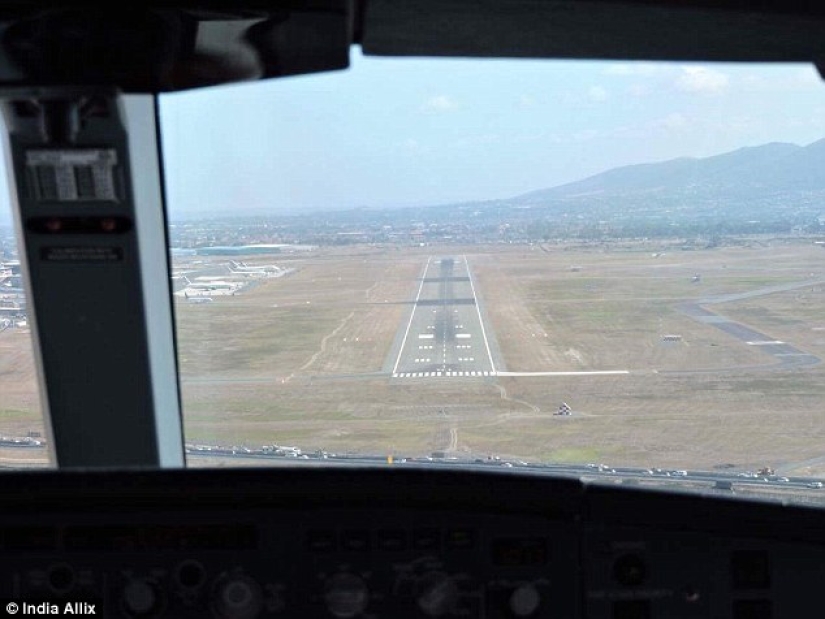
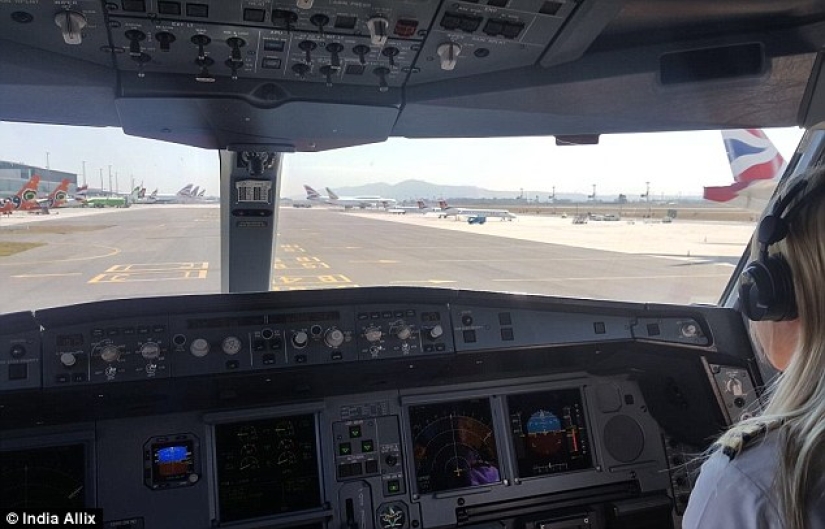
"Taxiing after landing to a full stop takes about three minutes, and it's fast. If it takes longer to taxi, then we turn off one engine to save fuel and meet environmental requirements," India says.
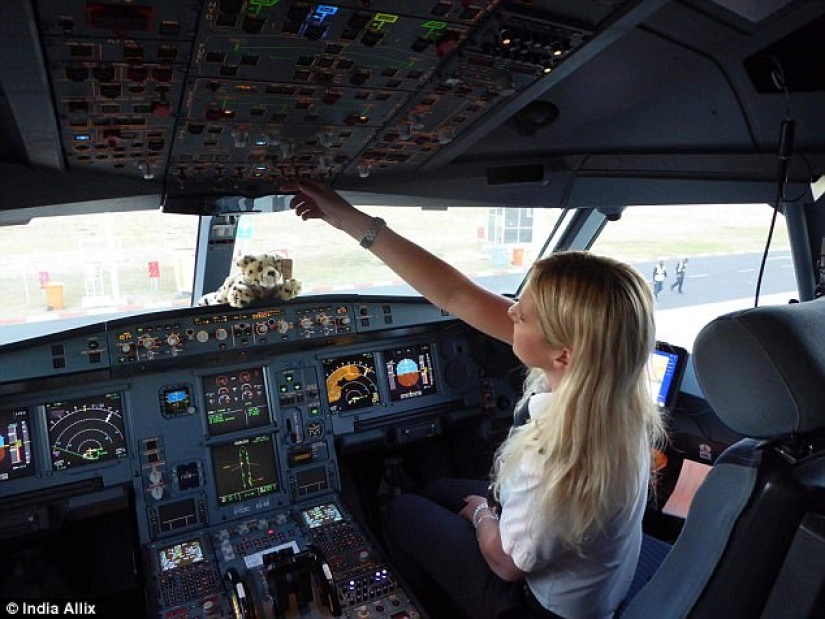
As soon as the landing is completed, the pilots turn on a sign for passengers that the belts can be undone. The flight duration is 11 hours and 30 minutes.
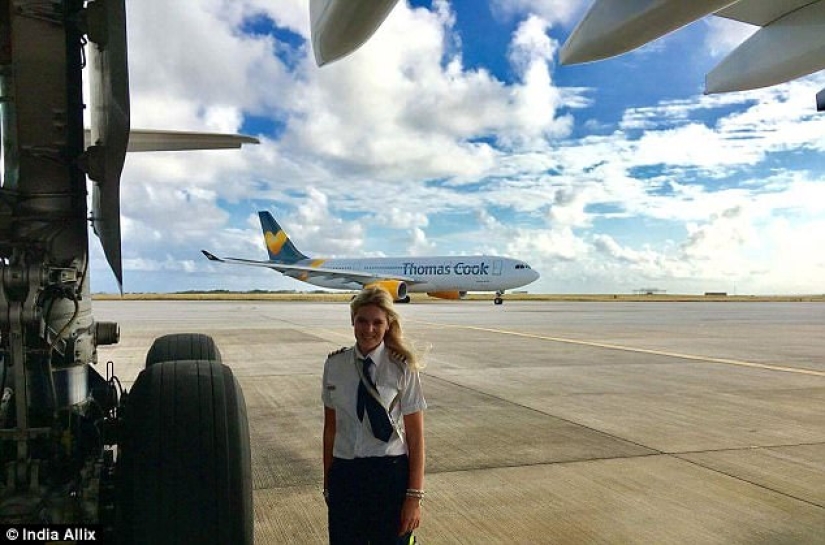
India is next to an airplane that has two Rolls-Royce Trent 700 turbofan engines.
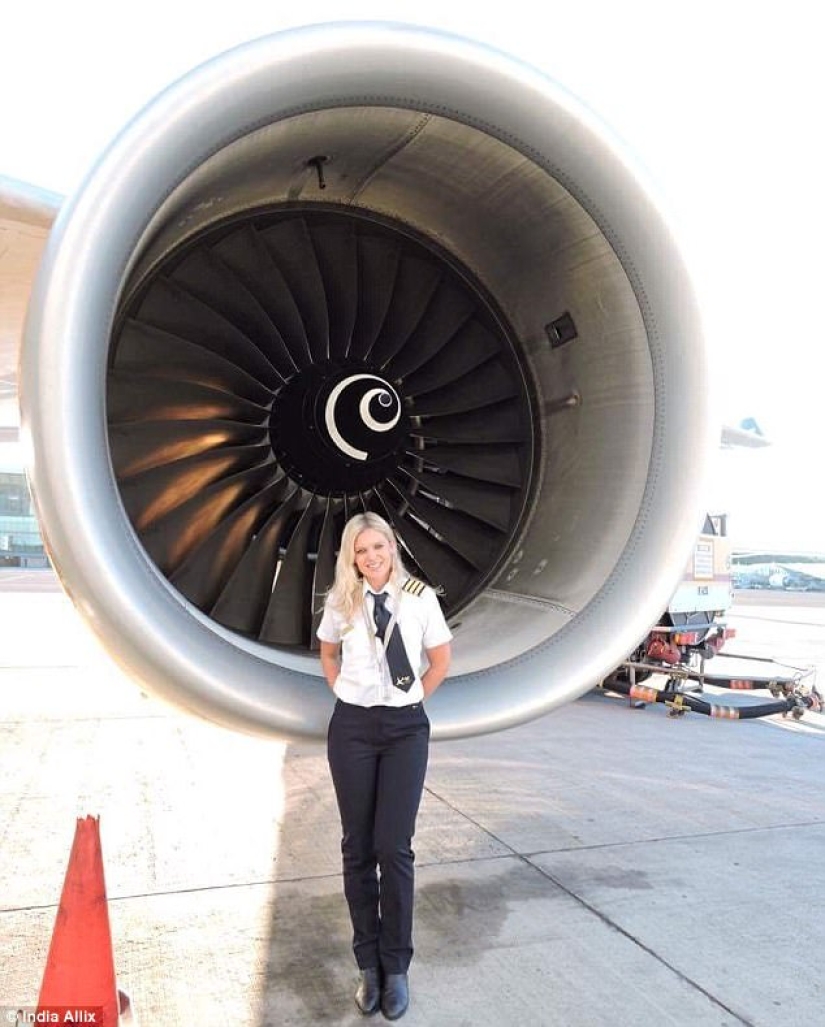
"I started flying on Airbus A320 planes. When I went to work at Thomas Cook, I flew A321 for short distances. Then she was trained and began to fly on A330 on long-haul flights. Now I take on both short and long flights. It suits me perfectly, plus I don't need to leave my pets for a long time."
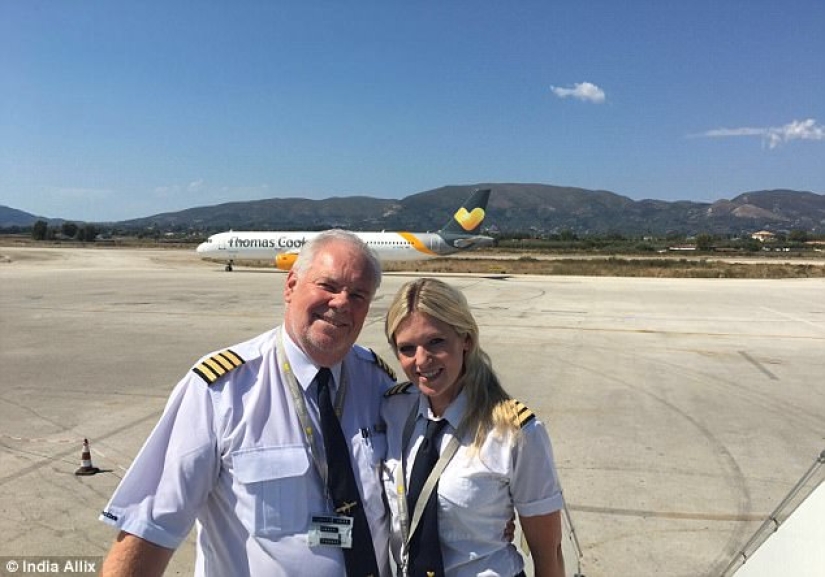
India with her father, airplane captain Charles Allix. "The flight to Cape Town is my first long—distance flight with Dad. I had flown with another captain seven times before. We like to fly together. We always behave professionally, as if we are not relatives. Although, unlike other captains, Dad likes to comment on how many times I fix my makeup during the flight."
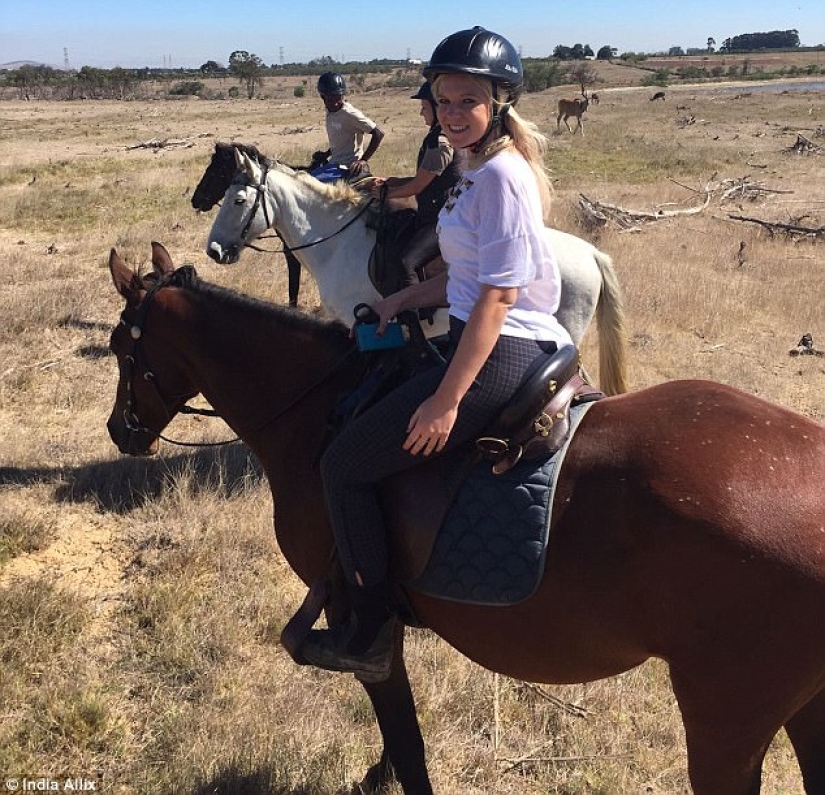
India and the other pilots had to stay in Cape Town for four days. They had plenty of time to relax, and they enjoyed exploring the mountains, visiting the leopard sanctuary and the local vineyard.
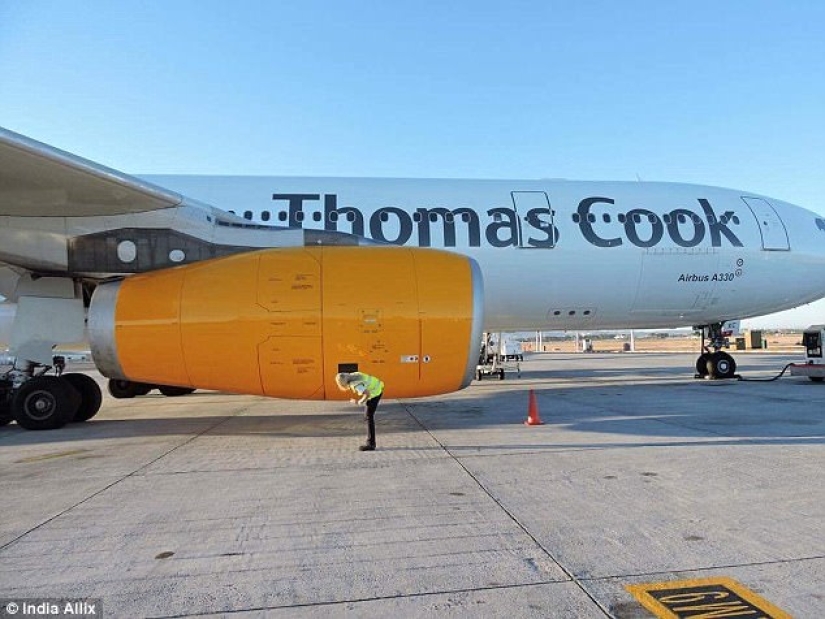
Keywords: Airline | Airlines | Women | Pilots | Profession | Planes
Post News ArticleRecent articles

It's high time to admit that this whole hipster idea has gone too far. The concept has become so popular that even restaurants have ...

There is a perception that people only use 10% of their brain potential. But the heroes of our review, apparently, found a way to ...
Related articles

Tired after a hard day at work? Suffer from autumn depression? Don't know how to entertain yourself in your free time? This ...

Motherhood significantly changes a woman's body. But there are more profound changes affecting the nature and Outlook. Reflected in ...

American artist Lee Price is sure that eating is a completely natural process, but many are ashamed of their attitude to food, ...

New Year's is a time to surprise and delight loved ones not only with gifts but also with a unique presentation of the holiday ...